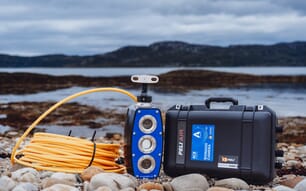The cooperative voluntarily suspended shipments and the Fisheries Agency will visit the fish farm in Owase to determine whether the reported substance, an organic tin compound known as tributyltine (TBT), was used by fish farms elsewhere in the country.
TBT is known antifouling agent used to prevent shellfish and seaweed from fouling fishing nets, however, its use was banned by the Fisheries Agency in 1990 because of its adverse impact on marine ecosystems.
According to a report in The Japan Times the Owase fishery cooperative said one of its members had a can of TBT-laced antifouling agent at home and immersed bags of sawdust infused with the agent into its yellowtail enclosures in January last year.
The TBT was used to keep parasites away and the cooperative said it was having all antifouling agents tested.
The cooperative said it was having all antifouling agents tested.
Owase is a major fishing town on the Pacific coast. It is part of a region that farms around 960 tons of sea bream and yellowtail each year.
Hormone Disrupter Scare Halts Fish Shipments
JAPAN - A fishery cooperative in Owase, Mie Prefecture, stopped shipments of farmed fish following th discovery that a farm in the region had used a banned hormone disrupter as a parasite repellent.




